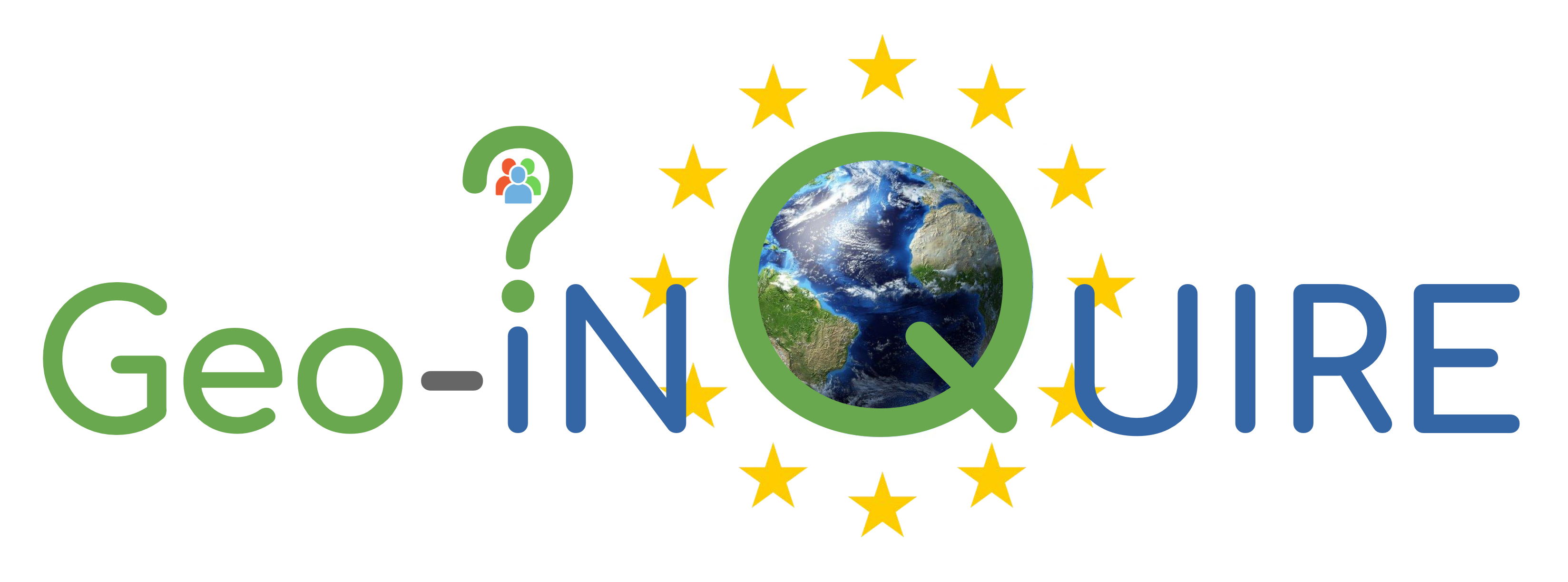EF-PSHA - Probabilistic Seismic Hazard Analysis (TA2-542-1)
1. Hosting Institution
Physical and remote: Eidgenössische Technische Hochschule Zürich (ETHZ), Switzerland.
2. Description
The European Facilities for Earthquake Hazard and Risk (EFEHR) infrastructure provides access to seismic hazard and risk data and products for Euro-Mediteranean region. EFEHR WaaS (Workflow-as-a-Service) infrastructure extends to transnational access with focus on the e-infrastructure as well as the physical infrastructure needed to run hazard and risk computations. Additionally, EFEHR WaaS supports and enables sensitivity analyses, uncertainty quantifications, and comparisons with physics-based PSHA models or alternative hazard models.
EF-PSHA relies on sophisticated and computationally demanding workflows using a range of quality-controlled inputs and data products combined into a probabilistic framework. It can deliver time-dependent and time-independent earthquake rate forecasts, as well as access to various seismic hazard models. The EFEHR web platform (http://hazard.efehr.org) provides access to documentation, input computational files and results for the following seismic hazard models:
- 2013 European Seismic Hazard Model (https://doi.org/10.1007/s10518-015-9795-1)
- 2014 Earthquake Model of the Middle East (https://doi.org/10.1007/s10518-018-0347-3)
- 2020 European Seismic Hazard Model (https://doi.org/10.12686/a15)
Guidance and support on how to tailor to fit specific model components for complex computations is also part of this call. EFEHR recommends the use of OpenQuake (OQ) open-source engine (https://github.com/gem/oq-engine) and it provides access to various computationals servers.
3. Services offered
This TA will offer both remote and physical access for training and subsequent development of research projects, related to regional or national seismic hazard models.
4. Modality of access
- A maximum of 2 accesses of 2 weeks of in-person plus 2 weeks of remote access to ETH Zurich, Switzerland. TA grants will cover the costs for travel and subsistence.
- Access to in-kind computer resources at the hosting institution is also possible, where available and technically meaningful.
5. Support
Personalized training and support for the definition of the scientific problem, development and implementation of the computational workflow, run of data analysis, dissemination of products (e.g., scientific reports, papers). Possibility to access and/or uptake of the simulation results on the Simulation Data Lake at CINECA.
6. Additional information
Target community/Users:
Seismic hazard experts, engineers, cat-modelers, insurance, academia.
Community Standards:
NRML - Natural hazards’ Risk Markup Language
More information:
- http://hazard.efehr.org/
- https://gitlab.seismo.ethz.ch/efehr
- GEM's OpenQuake open-source software for seismic hazard and risk calculation (https://github.com/gem/oq-engine)
7. Contact person
Laurentiu Danciu (laurentiu.danciused.ethz.ch)
